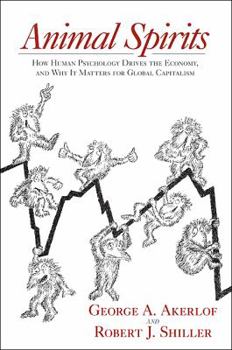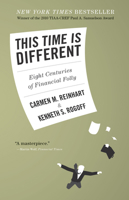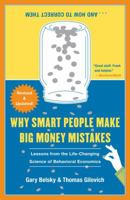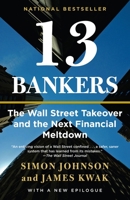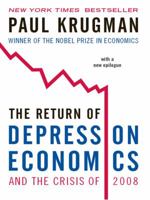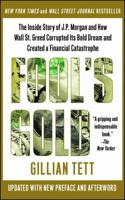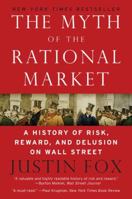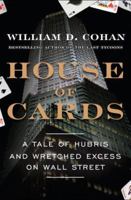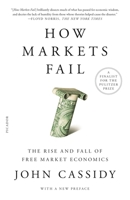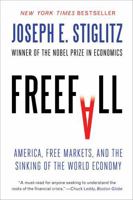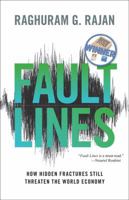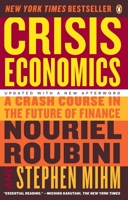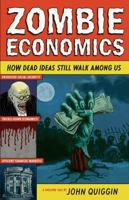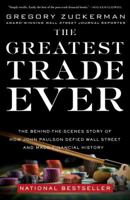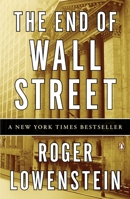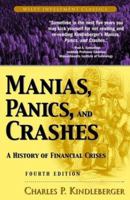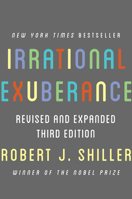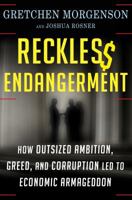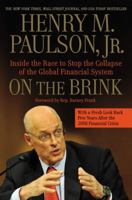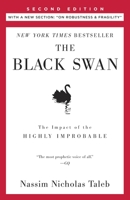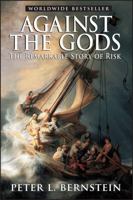Animal Spirits
Select Format
Select Condition 
Book Overview
From acclaimed economists George Akerlof and Robert Shiller, the case for why government is needed to restore confidence in the economy
The global financial crisis has made it painfully clear that powerful psychological forces are imperiling the wealth of nations today. From blind faith in ever-rising housing prices to plummeting confidence in capital markets, "animal spirits" are driving financial events worldwide. In this book, acclaimed economists George Akerlof and Robert Shiller challenge the economic wisdom that got us into this mess, and put forward a bold new vision that will transform economics and restore prosperity. Akerlof and Shiller reassert the necessity of an active government role in economic policymaking by recovering the idea of animal spirits, a term John Maynard Keynes used to describe the gloom and despondence that led to the Great Depression and the changing psychology that accompanied recovery. Like Keynes, Akerlof and Shiller know that managing these animal spirits requires the steady hand of government--simply allowing markets to work won't do it. In rebuilding the case for a more robust, behaviorally informed Keynesianism, they detail the most pervasive effects of animal spirits in contemporary economic life--such as confidence, fear, bad faith, corruption, a concern for fairness, and the stories we tell ourselves about our economic fortunes--and show how Reaganomics, Thatcherism, and the rational expectations revolution failed to account for them. Animal Spirits offers a road map for reversing the financial misfortunes besetting us today. Read it and learn how leaders can channel animal spirits--the powerful forces of human psychology that are afoot in the world economy today.You Might Also Enjoy
Customer Reviews
Rated 5 starsInteresting view that questions traditional thinking
The authors of this book argue that traditional philosophies of economics are flawed because they assume that people rationally pursue their economic interests, which results in perfect and stable free market capitalism. The traditional views fail to address that people are also guided by noneconomic motivations and they might be irrational and misinformed. In other words, they ignore the animal spirits. The authors believe...
1Report
Rated 5 starsMacroeconomics vs snake oil
This book boldly challenges the basic assumptions of macroeconomics, that rational expectations and efficient markets alone drive the economy. These theories fail to factor in "Animal spirits" in human beings. Fundamentally as a biological species, we are not programmed machines and our thoughts and emotions determine our actions. Human motives are not always driven by economic gains and similarly not all responses are rational...
0Report
Rated 5 starsPrimal Forces are Powerful Forces
Let's face it. There was nothing at all logical about the crazy stock market rally of the late '90s, especially in the NASDAQ. It didn't matter if some of these outfits weren't making money; they had enough hype to warrant their stock prices to rise, and the resulting "panic buy" scenario was ridiculous (hindsight is always 20-20). What occurred was a very natural human psychological reaction; I suppose you could label...
1Report
Rated 5 starsAnimal Spirits Explained
Animal Spirits is a excellent book on what drives the economy and why. Fairness,corruption,money illusion and storytelling are the Animal Spirits that the authors believe lead to lack of confidence or over-confidence, which in turn leads to depressions or recoveries. Areas covered----the Federal Reserve. How and why the Fed raises or lowers interst rates and controls the money supply. Why Americans under-save for retirement...
1Report
Rated 5 starsIncluding the Irrational in Macroeconomics
"Animal Spirits" is an important contribution to rethinking economic theory, particularly macroeconomic theory, so that it better takes account of human irrationality. The central argument of the book is that various human emotions - overconfidence, unwarranted pessimism, a sense of fairness, and stigma effects - can have important aggregate effects on the economy. Economists have often tended to overlook these factors, for...
1Report











